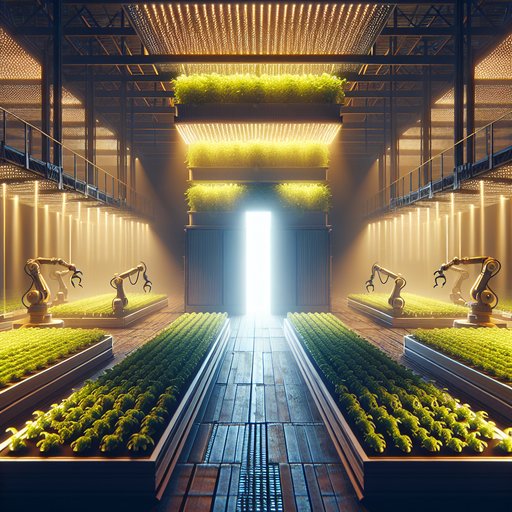
A groundbreaking legal battle over the future of food technology has erupted in Texas, where a controversial two-year ban on lab-grown meat has taken effect. The legislation, which began on September 1, has become a focal point for discussions about food innovation and regulation across the United States, highlighting the growing tension between traditional agriculture and emerging food technologies [1].
The Texas ban represents the first major legislative pushback against cellular agriculture in the United States, creating uncertainty for food tech companies and investors who have poured billions into developing sustainable protein alternatives. The move has sparked intense debate about states' rights to regulate novel food technologies and the future of food security [1].
Meanwhile, the agricultural technology sector continues to advance in other areas, particularly in precision farming. ZenaTech's recent acquisition of Lescure Engineers Inc. marks a significant expansion of drone-based agricultural services in California's vital farming regions. This merger aims to enhance precision agriculture and viticulture markets through advanced drone technology [2].
The industry faces additional challenges beyond the Texas ban, as evidenced by recent developments in pesticide regulation. The MAHA Report's decision to abandon pesticide reform initiatives has raised concerns among environmental advocates and sustainable farming proponents [3].
These developments reflect broader tensions in the agricultural sector as it grapples with innovation, regulation, and sustainability. The intersection of traditional farming practices with new technologies continues to create both opportunities and challenges for industry stakeholders.
























